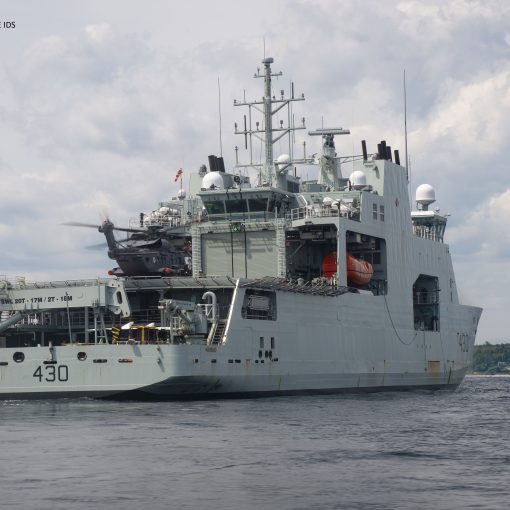The following National Post article is 98% reassuring for those who wish a rational, timely and effective Canadian government response to our Arctic challenges. The creation of a new Canadian-American "collaborative regime" in the Arctic makes nothing but sense.
Simulated talks show possible solution for Arctic dispute
U.S. and Canadian teams engaged in two-day 'model negotiation'
Randy Boswell, Canwest News Service Published: Tuesday, February 19, 2008
In an extraordinary exercise in simulated diplomacy, two teams of experts on international relations and polar politics -- one representing the United States and the other Canada -- have completed a two-day "model negotiation" on the future of the Arctic Ocean and are now pressing the two countries to begin official talks on a host of urgent issues confronting the rapidly warming region, including the thorny question of who should control the Northwest Passage.
The mock summit, organized by University of British Columbia political scientist Michael Byers, counted Paul Cellucci, the former U.S. ambassador to Canada, and Pierre Leblanc, the former commander of the Canadian military's northern forces, among its participants.
While Mr. Cellucci himself is on record urging the U.S. to recognize Canadian control over the disputed Northwest Passage as a way to boost overall North American security, the negotiators fell short of recommending immediate American acceptance of Canada's claims.
Instead, they acknowledged "strong arguments" on both sides, but highlighted the security advantages of Canada's position and called for a prompt resolution of long-standing dispute.
And by the end of Tuesday's negotiations at the Ottawa headquarters of the International Joint Commission -- the bi-national body that oversees activity in the Great Lakes and other U.S.-Canada boundary waters -- the two sides did agree that "time is of the essence" for the two nations to work out a new collaborative regime in the Arctic to manage increased shipping, security concerns and environmental threats.
The only doubtful element within that article originated from an interview with Michael Byers who provided:
The teams also recommended that the two countries "accelerate the acquisition of new icebreakers" -- specifically powerful, year-round vessels rather than the "ice-strengthened" patrol ships recently promised last year by the Conservative government, Mr. Byers told Canwest News Service in an interview following the negotiations.
Whether this is a collective view of the negotiators or Mister Byers' personal one is not clear. What is clear is that the criticism of recently announced naval Arctic Patrol vessels continues, and I still cannot follow the logic behind it.
I especially cannot follow the logic after reading other elements of this same news report:
First the article outlined the challenges:
"Recognizing the rapid and dramatic loss of Arctic sea-ice," they concluded, and "concerned that increased shipping will bring heightened security risks" due to "terrorism, nuclear proliferation, illegal immigration and drug smuggling ..."
and then the participants urged "expeditious action" to meet them
So given that sea-ice is reducing at a "dramatic" rate what is the problem with "ice strengthened" patrol vessels one has to ask? Further, Norway and Denmark continue to operate their ice strengthened patrol vessels throughout their own arctic waters to excellent effect.
In addition, it has been naval ships and not Coast Guard ones who have provided and are continuing to provide Canada's ship-level response to "terrorism, nuclear proliferation [via our naval support to the proliferation security initiative], illegal migration, and drug smuggling." Canadian Coast Guard ships rarely participate in these activities.
I and most of the Navy do urge the government to provide the Coast Guard with "new icebreakers" to perform critical transportation and environmental disaster response services in the Arctic. However, Michael Byers' suggestion that these come from canceling the Arctic Patrol Vessels seems to suggest that our Navy has no future role in the Arctic. So, however critical naval services have been in countering drug runners, people smugglers, illegal fishers, and national defence threats in the Atlantic and Pacific over the past 98 years, they will not, somehow, be required in the Arctic. The alternate implied suggestion is that our unarmed Coast Guard can take these functions over. Yet why one would embark on this massive transfer of expertise and technology is not explained. Moreover, the suggestion is that these functions can be transferred quickly or in sufficient time to meet the "rapid," "expeditious," "prompt," "crisis situation," and "time is of the essence" deadlines this article repeatedly identifies. If Canada continues to second-guess its ship building decisions we should expect whatever arctic vessel we do get will be decades away. This is no exaggeration - look at the twenty year delay we face replacing the Maritime Helicopter because of such second guessing. The lack of any Canadian government response over that interval is the real danger.


